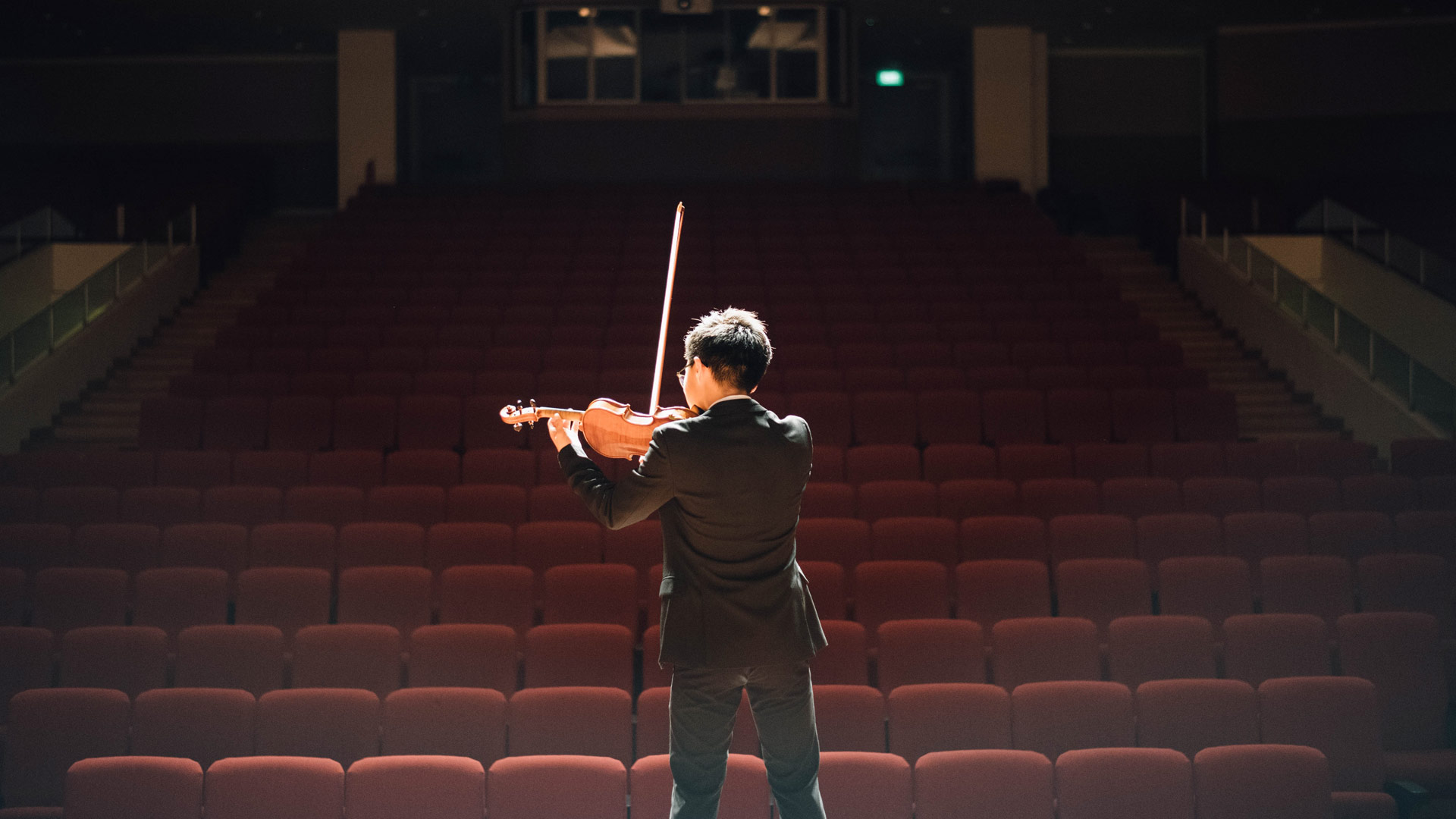The Advent season begins four Sundays before Christmas day and serves to help shift our focus and expectations towards the coming of the Christ. Overstimulated and distracted, many of us come into the season weary and in need of a space of preparation. Advent, the shared practice of exploring the themes of hope, peace, joy, and love, functions as a forerunner to the arrival of Jesus. It holds an invitation to turn towards Jesus, whose birth, life, death and resurrection awaken us to the immediacy and the mystery of God. “God with us,” here, now, and present; it is as unsettling as it is awe-inspiring. Yet even with this truth, we need normal rhythms and routines disrupted to hear, see, and reopen our hearts numbed by everyday ordinariness.
You see, Advent now is not an invitation to those who are searching for a new faith, but a challenge to the people of God who have become parched and disheartened. For many, this year’s Advent invitation comes as an appeal to practice sacred community and to resist the fragmentation of a distracted life. For others, it’s an appeal to hold on to the hope that the anguish of life today will not overcome the possibilities of a redemptive tomorrow. To those who experience exile in body, mind, or spirit, Advent reminds us that God is still active in human affairs, and that our todays will not be our tomorrows.
In the Old Testament narrative, the coming of the Moshiach (Messiah) held a different resonance for those who lived through periods of exile. They may have dreamed of the return of the Kingdom of Israel, but the displacement of their identity, and the wounds to body and soul would force hope to whither. They had to face the reality that the structural and spiritual constraints of their exile would not easily be overcome. Their stories and songs of resilience and endurance were embodied in ritual practices and drew on Jewish cultural and spiritual resources. Rehearsing the stories and songs of the Exodus transformed their present hardships into the collective ongoing history of a suffering people. For within this tradition is the promise of God that a Messiah would come and end the displacement of homelessness and the era of strife and struggle. Those who could wait and engage life faithfully will be comforted, for what was possible can be possible again, what was promised will come to pass. They were compelled to live as though the future exists in the present.
The Christian tradition also asks us to live as if we are not at home, to anticipate the coming of the Christ and to faithfully engage the present. Today this will not be an easy task because we are experiencing dramatic cultural displacement both globally and nationally. The politics of self-interest have dominated our national conversations, fractured old wounds and strained social relations. The Christian Church has not only failed to avoid the political strife, but appears in moments to be embroiled at the center of it. I cannot recall a time in the recent history of the United States when I felt that the Protestant Church was in more conflict with itself and the society. I know this is hard-wearing and for many a painful acknowledgement, but unfortunately it is not an overstatement. We are in a time of deep transition and social change, and the fragmentation of the society is no less evident within the Christian Church. We have become despairing and detached, connected around our fears and alienations, but not the songs of God’s presence. More importantly, we seem less able to hold an imagination for the mystery and majesty of God in a world of diminishing belief and trust.
The Advent season invites us to remember, reimagine and then embody the future hope in the present. It is an invitation to pursue the presence of Christ and to live the sacred in this moment. Like those in the Old Testament who found themselves in exile, I would suggest it begins with remembering our stories and songs, those that identify all humanity as the beloved of God. Our songs do not alienate Jew nor Gentile, male nor female, slave nor free, but raise one humanity adopted into union with God. This means we, too, must rehearse the stories of a people who were deeply troubled and distressed and then redeemed and restored. Without these memories stirred, we have fewer means to turn our tears into joy and to integrate the bitter with the sweet. We must also learn to dream again and risk disillusionment. We must learn to imagine beyond the boundaries of mundane life and to take up the quest for shalom. We must learn to take in this Jesus who calls us to inhabit and practice an uncommon community and a generous hospitality. We must learn to sing songs of our lament in the midst of celebration; songs of both dissonance and resonance. If we let them, these songs and stories can stir our memories, soothe our bodies and release our spirits. For they hold anticipation in Christ that a new era will emerge, and this hope is without shame.

